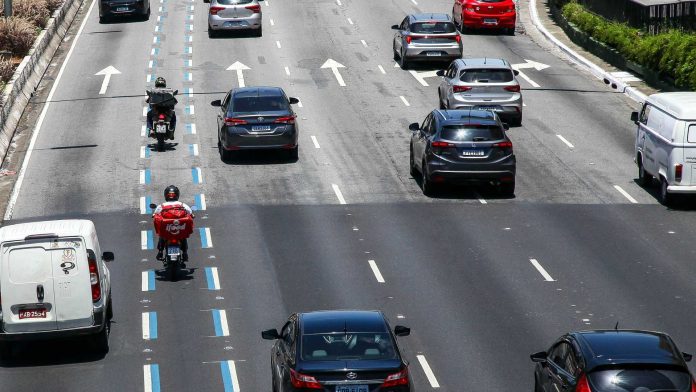The return of mandatory SPVAT insurance
In the first half of April, the Chamber of Deputies approved Complementary Bill (PLP) 233/2023, which provides for the return of mandatory insurance charges, similar to the old DPVAT, but with a new name: SPVAT (Mandatory Insurance for Land Motor Vehicles). This decision generated debate and discussions among parliamentarians and the population.
Impact of SPVAT on road safety
SPVAT mandatory insurance aims to guarantee coverage of medical expenses and compensation for death and permanent disability in the event of traffic accidents. It is charged together with the IPVA and is essential to protect victims of these events. With the return of SPVAT, road safety is expected to be strengthened, as the resources raised will be used to prevent accidents and improve road infrastructure.
Challenges and controversies surrounding SPVAT
However, the approval of SPVAT also generated criticism and controversy. Some parliamentarians questioned the need for mandatory insurance, claiming that the measure could represent an additional burden on vehicle owners' pockets. Furthermore, there were debates about the destination of the resources raised by SPVAT and whether they will actually be used for actions aimed at protecting victims of traffic accidents.
Bill and complementary measures
Complementary Bill 233/2023 also provides for complementary measures, such as the creation of a specific fund for SPVAT and the definition of clearer rules for its operationalization. Furthermore, the text establishes that the value of mandatory insurance will be calculated based on technical criteria and may vary according to the type of vehicle and its power.
Final considerations
The return of mandatory SPVAT insurance could represent a step forward in protecting victims of traffic accidents and raising awareness among drivers about the importance of road safety. However, it is essential that the resources collected are used in a transparent and efficient way, ensuring that they fulfill their purpose of protecting and supporting citizens in times of need. The discussion about SPVAT must continue, always seeking to improve traffic safety policies and the well-being of society as a whole.







